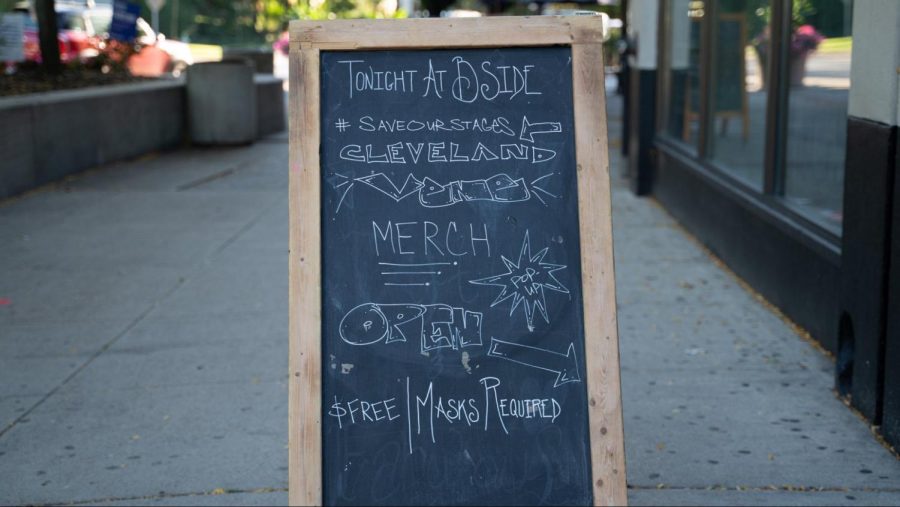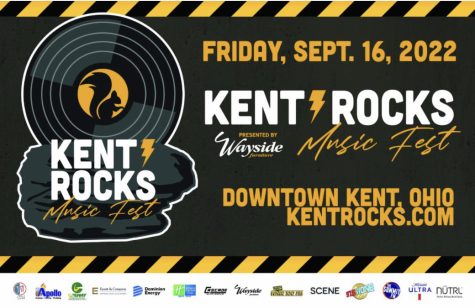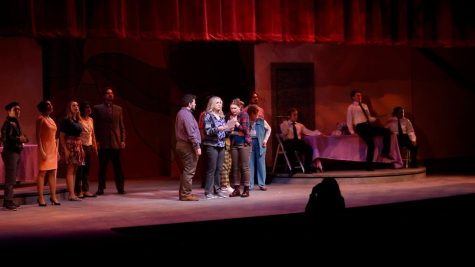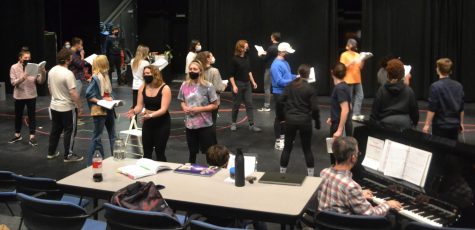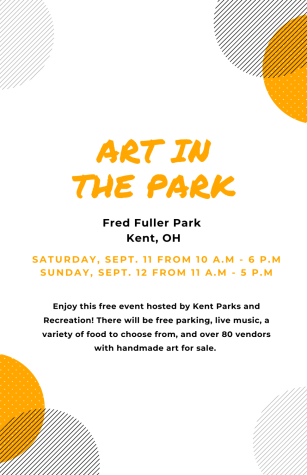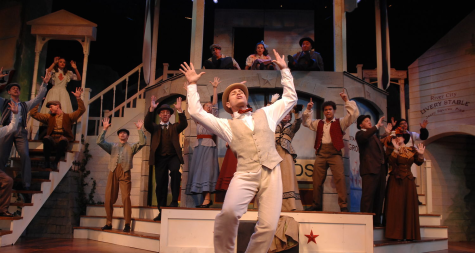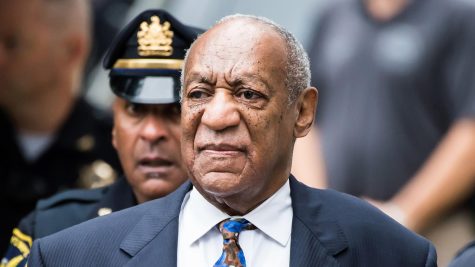#SaveOurStages – How independent venues are surviving the pandemic
September 30, 2020
Since the night of March 15, Happy Dog in Cleveland has yet to be packed full with a bustling audience for a band accompanied by the classic aroma of bar food.
With Gov. Mike Dewine’s order to close all bars and restaurants in the state six months ago, businesses that once relied on entertaining people for profit came to a halting stop. At a loss of what to do, thoughts ran through the mind of Sean Watterson, co-owner of Happy Dog, as to how he was going to keep the venue on its feet – and the solution was not an easy decision.
“We had to lay everybody off, me and my co-owner and GM included, on the 16 because we knew we were going to be closed for a while,” Watterson said.
Although these businesses were permitted to offer takeout during the shutdown, this was not a viable option for some, Happy Dog included. With the logistics of how much more it costs to continue operating only one of the services of their business, and the simple fact that people enjoy hot bar food compared to lukewarm, there were no signs pointing to staying open.
Within the past few months, restaurants and businesses have been slowly reopening and welcoming the public back with an attempt to ensure safety protocols for COVID-19. However, without the ability of safety to congregate in mass amounts, Happy Dog was still at a loss.
This is not a single-standing issue. Venues across the nation have been at a loss of the next step to even begin to reopen. They needed to bring attention to their suffering and ask for government help.
Within the span of three weeks after March 15, around 250 clubs across the nation came together for the first time as the National Independent Venue Association. This number grew from 250 to 400 in a week, which has now reached about 2,000.
“We all knew we needed to do something, and we knew collective action was going to be more effective than trying to fight this on our own.”
The idea of collective action, locally, is not a new issue. In the early 2010s, Cleveland bars and venues came together to form the Cleveland Music Coalition to lower or eliminate the new admissions tax the city had imposed, in which they were successful.
Because of this previous collaboration, it was easier now to come together and lobby on a national level. But it was more than lobbying government officials – there was an educational barrier that needed to be mended.
“Until you really see it [the industry], it’s hard to know it,” Watterson said. “All of the reopening that’s been proposed really isn’t economically viable, so we’re still in a 100% revenue loss. It’s not just our business, it’s not just the people who work for us. It’s the musicians who play in our spaces, it’s the technical people … it’s the impact we have on the neighborhoods we’re in.”
Venues are not the only ones to benefit from their business. Others nearby are positively affected as well, as many people who come to shows also adventure around the area to the local shops, restaurants and bars.
“It’s really painful to feel like you’re not doing anything,” Watterson said. “We’re doing things in terms of lobbying like crazy to get assistance and working on plans for safe protocols for being open.”
Multiple venues have organized events in efforts to raise funds for independent spaces. The Grog Shop, an independent concert venue based in Coventry Village hosted a Save our Stages pop-up on September 19th in their B-Side Lounge space.
“In part, we felt a little reluctant asking people for assistance because we know they’re hurting too,” Watterson said. “We know for us to make it, we’re going to need the kind of support you get at the federal level. So we don’t want to ask people to support us if we think the real support we need to survive isn’t going to be there. Once we know we’ve got that baseline support, then we’ll be in a position to go to the community to ask to support us. For the time being, our direct support efforts have been trying to raise funds for our staff who were laid off, and not for the business.”
Independent venue staff across the board faced hardship when the live industry shut its doors. Some adapted their roles to the new landscape brought on by COVID. Andy Schuman, a worker at Mahall’s, is one of them.
Schuman’s role at Mahall’s ranged from serving to working the bowling counter. In February, he was offered a part-time gig as a sidekick – a role involving booking events and talent buying for the venue. However, when Mahall’s shut down in March, so did that part of the job.
Schuman had only booked a few events at this point. Since then, he has been learning the processes his own way.
“It’s been strange, I was just getting into the world of doing live shows and then it went ka-blooey,” Schuman said. “I didn’t have a way of doing things yet, but the advantage in this situation where I can’t approach it without having to resort to my old ways of doing things.”
Schuman said finding success in talent buying in the age of COVID revolves around being experimental with programming opportunities. In place of live shows, Mahall’s hosts frequent pop-up shops to support other businesses, as well as online events featuring speakers and artists of all types and creeds.
Mahall’s currently operates as a bar, restaurant, and bowling alley. The venue has a detailed history and prevalence in Lakewood, spanning back to its opening in 1924.
“We’re more than just the independent small businesses, we’re part of this ecosystem… which is why we need the assistance.”


